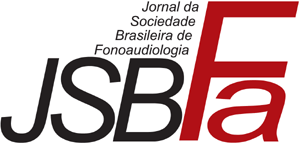Paradoxical vocal fold motion (PVFM) is a laryngeal disorder characterized by abnormal adduction of the vocal folds during respiration. It is caused by a multitude of etiologies and their interactions. In the current study, a 24-year-old female patient with a 12-year complaint of shortness of breath was diagnosed with paradoxical vocal fold motion following nasal endoscopy, spirometry testing and detailed case history analysis. She had no history or indication of laryngopharyngeal reflux or chronic cough. She performed respiratory retraining exercises three to four times daily for a period of four weeks, and continued daily exercises for two additional months as needed. After four weeks of treatment, abnormal vocal fold adduction continued to be seen on endoscopy and the patient was mildly symptomatic. One month post-treatment, there was no abnormal vocal fold adduction and the patient reported rare shortness of breath. At three months post-treatment, there was no abnormal vocal fold adduction and the patient no longer reported shortness of breath. She reported normal breathing with no symptoms one year later. The results suggest that non-pulmonary related shortness of breath treated with respiratory retraining can effectively eliminate dyspnea in patients with long term breathing difficulties caused by paradoxical vocal fold motion. Resolution may require treatment over an extended period of time.
Laryngeal diseases; etiology; Laryngeal diseases; therapy; Vocal cords; Breathing exercises; Longitudinal studies




